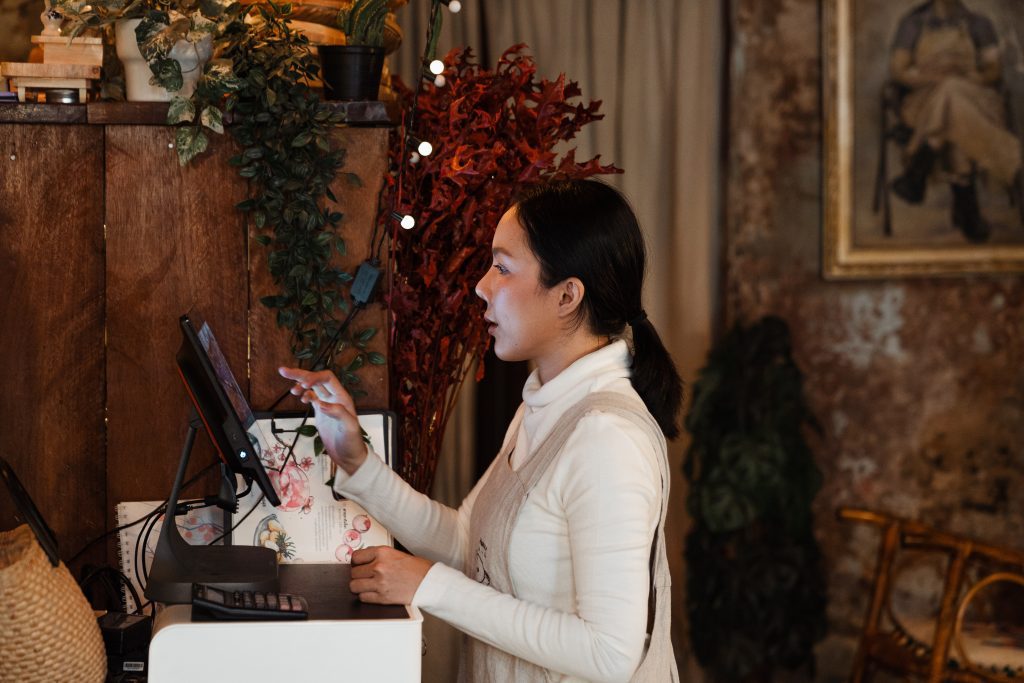By Allison Sadlier // SWNS
NEWS COPY W/ VIDEO + INFOGRAPHIC
Forty-four percent of small business owners think it’s likely that changes they’ve made to their businesses due to COVID-19 will be permanent, according to new research.
Pivots like remote work, changing supply chains and great dependence on online stores and virtual services could remain a part of SBOs’ plans long after the pandemic.
The study of 2,000 small business owners examined the new realities they’re facing.
Among the most common COVID-19 effects on SBOs, a quarter said they’re working irregular hours.
Small business owners also say they’re working harder than ever to keep their business running smoothly with fewer resources as they’re forced to adjust to a rapidly changing economic landscape (10 percent).
The survey conducted by OnePoll on behalf of Zapier revealed the aspects of business owners have had to make the biggest adjustments to and found the number one challenge was maintaining revenue levels.
“Small business owners are focused on ways to stay afloat right now, while also navigating the challenge of an ever-expanding to-do list,” said Carly Moulton, spokesperson for Zapier. “As tedious but necessary admin work piles up, it leaves less time to focus on strategies that meet revenue challenges head on. It’s no surprise a quarter of SBOs theorized they’d be less stressed if they didn’t have to sweat small, repetitive tasks.”
Since COVID-19, nearly a quarter (24 percent) of SBOs spend 5-10 hours each week on administrative tasks alone, leaving less time for important business functions like sales, customer service and accounting.
When asked what the effect would be on their business if repetitive tasks were eliminated, over half said it would save them time and nearly a third think it would make them more productive.
Thirty-nine percent clock in time trying to perfect their sales and marketing strategies while a third still find themselves caught up in administrative tasks.
In response to the pandemic, over one in ten (13%) say they’re relying on technology more to help run parts of their business, and spending time in lots of different apps and software (14%).
“My business started feeling the effects of COVID-19 in February 2020. We went from $250,000 per month in hard-earned revenue, to zero income overnight,” said Michael Alexis, owner of Museum Hack and TeamBuilding. “In 24 hours, we were forced to reposition our entire business.”
“Evaluating our spending over the past few months was a major reframe on how to think about investing in your business during a crisis,” said Alexis. “When you rapidly lose all revenue you need to tighten up spending while also investing in tools that support recovery and get your people back to work. For us that was upgrading our website hosting package, increasing spend on Google Adwords, and building automated processes in Zapier to support our pivot.”
One in ten respondents confessed they’d like to improve their tech skills but are too intimidated to learn. One in five revealed they know there are better tools out there to help them but they don’t know what they are.
When it comes to the tools that help SBOs get the job done during these unprecedented times, one in five have started using video conferencing software for the first time.
Other new tools respondents have picked up since the start of COVID-19 include webinars, team chat systems, task automation software and e-commerce software.
Of the SBOs that currently use automation for their small business, one in five say it saves them five-ten plus hours of work each week.
Respondents dreamt of what they could do with an extra ten hours a week. Nearly three in ten (28 percent) would invest that time right back in their business while a quarter would use those hours to be with family and friends.
